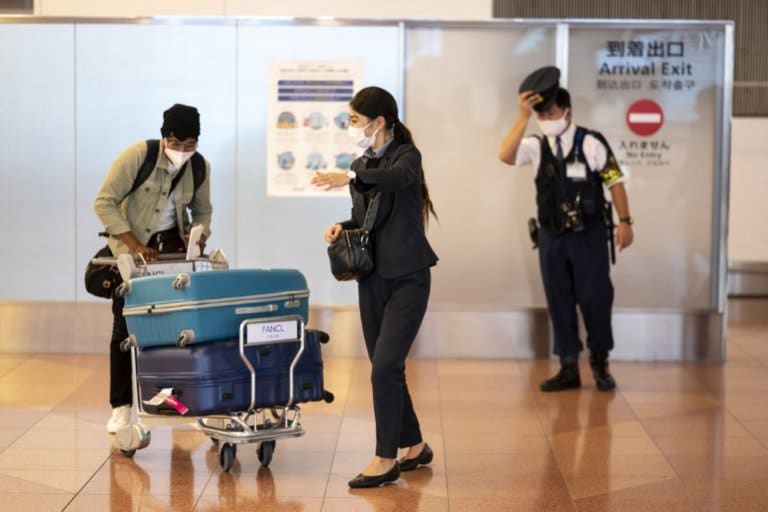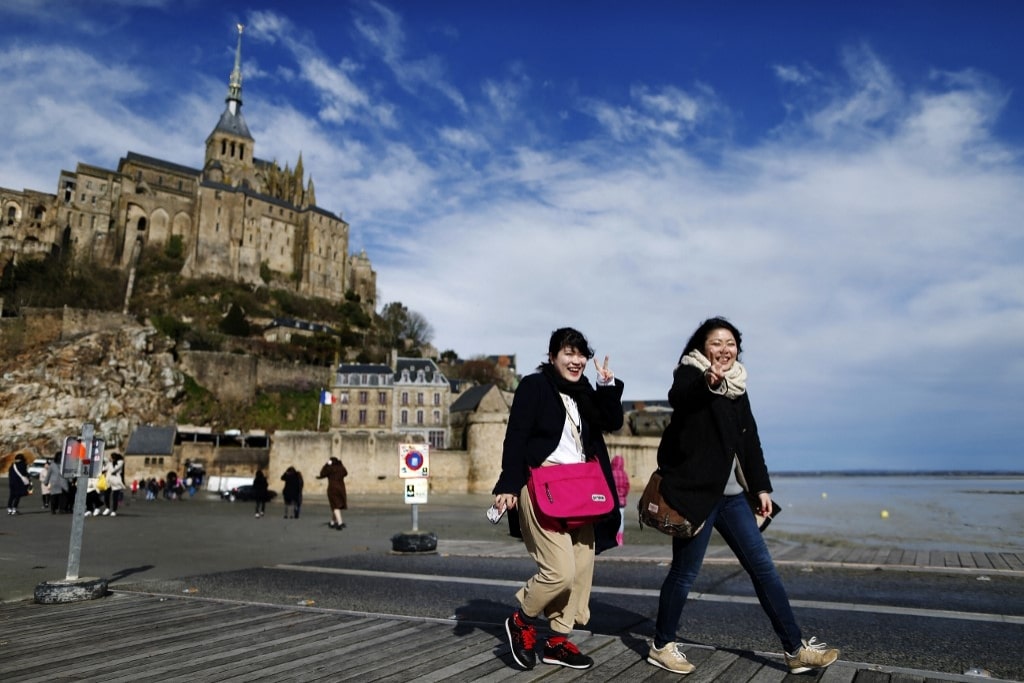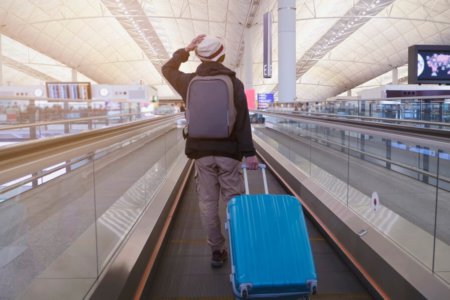
Dreaming of seeing the Eiffel tower, gliding through Venice on a gondola or making a wish in the Trevi Fountain? Who doesn’t dream of taking a trip around Europe?
However, travelling in Europe doesn’t come cheap especially when you are on a student budget. Throw in the cost tuition fees and living expenses, and even backpacking across Europe becomes a luxury many can’t afford.
Fortunately, there are many student travel agencies, discounts and cheap destinations to help you turn those dreams into reality.
Whether you’re looking to head across the pond for a big summer trip or just take a winter or spring break vacay, there are plenty of ways to see Europe for cheap. Between finding cheap flights and budget tips like using your student identity card for discounts, we have got all the tips you need while travelling in Europe on a student budget.
Here’s how you can travel in Europe on a student budget:
1. Book cheap flight or train tickets
While you may think it’s impossible to fly for less than US$50, you can find several cheap student flights in Europe on these budget airlines. If you’re travelling in Europe on a budget, you may be better off flying between two cheap destinations and getting a train ticket to the more expensive destinations. Consider buses too, which can go as low as US$10 for trips between two cities.
When travelling in Europe on a budget, one way to save money is to take red-eye flights. These flights are generally the cheapest way to travel in Europe on a budget.
Booking your tickets weeks in advance is a great way to save some cash. You can save up to 30% on tickets just by booking your tickets as early as six weeks in advance.
Downloading local transport apps keeps you up to date with discounts, and you will be able to book tickets or compare prices conveniently. However, it is best to avoid tourist hot spots during peak seasons as prices will be much more expensive.

Couchsurfing allows travellers to connect with hosts who open up their homes for free accommodation. Source: Andrew Caballero-Reynolds / AFP
2. Stay at hostels or couch surf
Accommodation is often the most expensive part of travelling. Don’t worry, though — there are a number of more affordable options available. One of the most common cheaper accommodation options available for students while travelling on a student budget is hostels.
Not only are they cheap, it’s a place too meet other travellers too. However, hostels aren’t always the cheapest options, especially when they are located in expensive cities such as London and Paris.
If that’s the case, AirBnBs are a better alternative. For those who are more adventurous, give Couchsurfing a try. Couchsurfing is a new take on a very old “broke traveller” experience – where you sleep on someone’s couch so that you have a roof over your head while travelling somewhere.
In 2007, an app was designed where you can search the place you’re going to and find many hosts who are happy to have you come sleep on their couch, or willing to spare bed, for free.
3. Get around Europe on a budget
Many underestimate the cost of transportation as there are many you don’t think about. These costs include the bus fare from the airport, metro passes around the city or bus tickets for day trips.
If you’re staying in a city, use the local subway or bus system to get around instead of renting a car or taking taxis. Smaller cities have the option of renting a bicycle or scooter for tourists to travel around.
The other thing many European cities have going for them is their walkability. Although slower, it’s free and easy. Plus, in most cities you’ll likely be walking by some of the most famous sights in the world – maybe Rome’s Colosseum, the Eiffel Tower in Paris, or Gaudi’s famous modernist buildings in Barcelona.

Walking while in Europe is a great way to experience the culture while taking in the scenery. Source: Charly Triballeau/AFP
4. Join the walking tours
Admission fees to museums and monuments can add up. Luckily, many European hostels have free walking tours. These tours usually take about an hour to complete, enough time for you to get your bearings and map out places you might want to visit later. Many free walking tours include a city’s history and main attractions.
While some free walking tours are completely free, they do require a tip. If you’re a museum fan, you can schedule your visit around a day that offers free entry. In London, the Louvre is free on the first Sunday of every month.
5. Indulge in street food or local markets
Eating at fancy, sit-down restaurants for every meal while you are in Europe will definitely throw your budget out the window.
Fortunately, Europe has many options for you to enjoy delicious food at an affordable price. With many local markets and street food stalls to choose from, you can enjoy the food and culture of the country without breaking the bank.
Many of the smaller restaurants and cafes with fewer tourists are known to serve cheaper food that is just as delicious. A tip when travelling is to keep an eye on where the locals eat and your stomach will definitely be satisfied.










